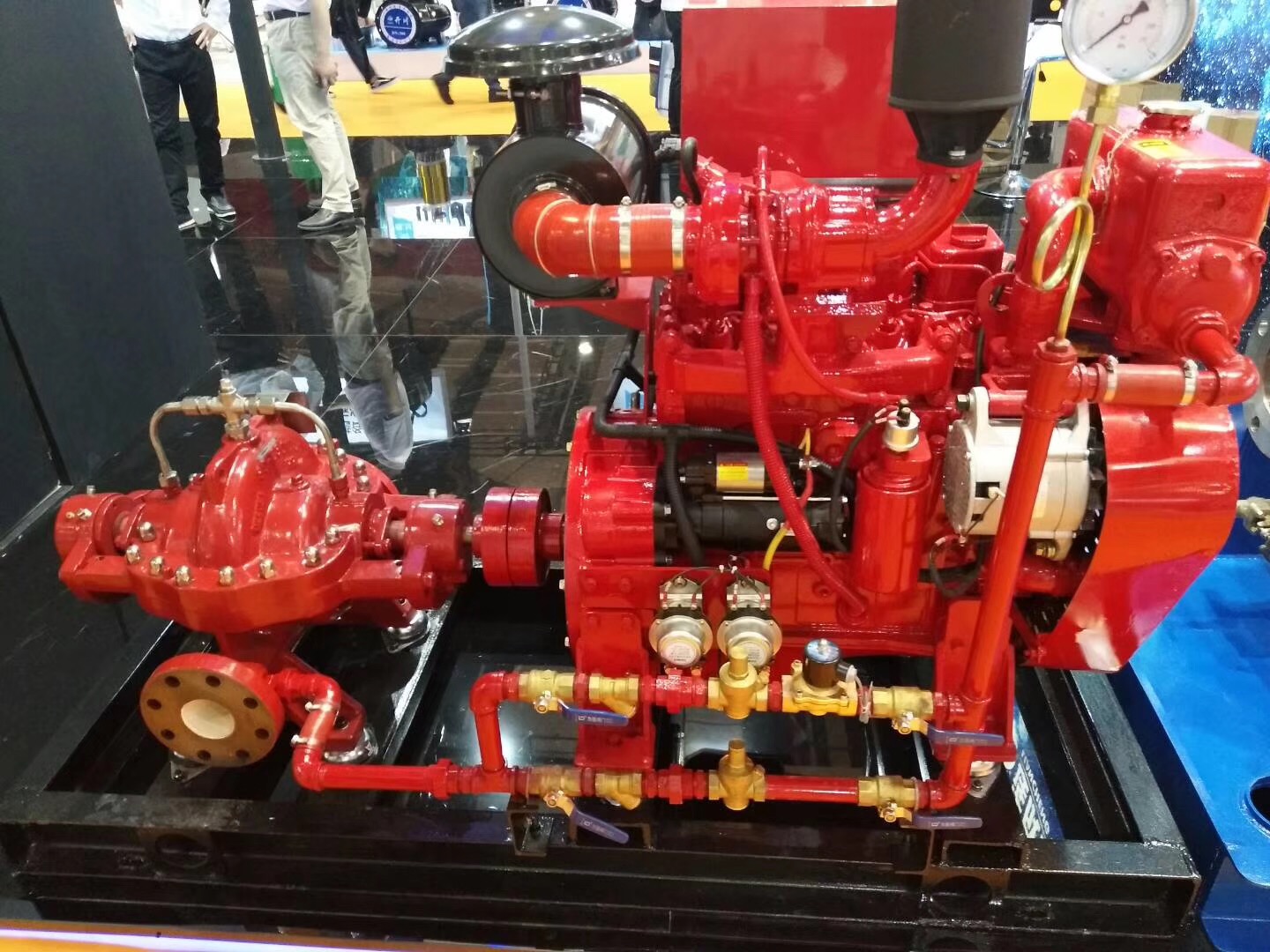English
- Afrikaans
- Albanian
- Amharic
- Arabic
- Armenian
- Azerbaijani
- Basque
- Belarusian
- Bengali
- Bosnian
- Bulgarian
- Catalan
- Cebuano
- Corsican
- Croatian
- Czech
- Danish
- Dutch
- English
- Esperanto
- Estonian
- Finnish
- French
- Frisian
- Galician
- Georgian
- German
- Greek
- Gujarati
- Haitian Creole
- hausa
- hawaiian
- Hebrew
- Hindi
- Miao
- Hungarian
- Icelandic
- igbo
- Indonesian
- irish
- Italian
- Japanese
- Javanese
- Kannada
- kazakh
- Khmer
- Rwandese
- Korean
- Kurdish
- Kyrgyz
- Lao
- Latin
- Latvian
- Lithuanian
- Luxembourgish
- Macedonian
- Malgashi
- Malay
- Malayalam
- Maltese
- Maori
- Marathi
- Mongolian
- Myanmar
- Nepali
- Norwegian
- Norwegian
- Occitan
- Pashto
- Persian
- Polish
- Portuguese
- Punjabi
- Romanian
- Russian
- Samoan
- Scottish Gaelic
- Serbian
- Sesotho
- Shona
- Sindhi
- Sinhala
- Slovak
- Slovenian
- Somali
- Spanish
- Sundanese
- Swahili
- Swedish
- Tagalog
- Tajik
- Tamil
- Tatar
- Telugu
- Thai
- Turkish
- Turkmen
- Ukrainian
- Urdu
- Uighur
- Uzbek
- Vietnamese
- Welsh
- Bantu
- Yiddish
- Yoruba
- Zulu
Telephone: +86 13120555503
Email: frank@cypump.com
Oct . 12, 2024 06:54 Back to list
septic pump
Understanding Septic Pumps Essential Components for Efficient Wastewater Management
Septic systems are a crucial part of wastewater management in areas where public sewage services are unavailable. They serve the vital role of treating household wastewater and ensuring that it does not contaminate the surrounding environment. At the heart of many septic systems is the septic pump, an essential component that helps maintain the system's efficiency and effectiveness. In this article, we will explore the function, types, maintenance, and importance of septic pumps in modern sewage systems.
What is a Septic Pump?
A septic pump is a crucial device designed to move wastewater from the septic tank to the drain field or to another treatment facility. It operates as part of a larger septic system, typically installed in homes situated on large land areas without access to municipal sewer lines. When wastewater flows into the septic tank, solids settle at the bottom, and lighter materials like fats and oils float to the top. The pump then ensures that the liquid effluent is transferred out of the tank for further treatment or dispersal.
Types of Septic Pumps
There are various types of septic pumps available, each designed for specific applications
1. Effluent Pumps These pumps are used to move the liquid effluent from the septic tank to the leach field or drainage area. They are designed to handle small solids and are often submersible, sitting at the bottom of the tank.
2. Sewage Pumps Unlike effluent pumps, sewage pumps are capable of handling larger solids. They are often used in systems where wastewater contains significant amounts of solid waste, such as from sinks or toilets. These pumps are also typically submersible but are built with a sturdier design.
3. Grinder Pumps These specialized pumps are used in low-pressure sewer systems. They grind down solid waste into smaller particles before pumping the liquid away, making them ideal for challenging drainage scenarios.
Importance of Septic Pumps
The septic pump plays a crucial role in the sustainability of wastewater management. Without an effective pumping system, wastewater could accumulate in the septic tank, causing clogs, backups, and even system failures. By facilitating the flow of liquid waste, septic pumps help to
septic pump

1. Prevent Environmental Contamination A properly functioning septic pump reduces the risk of wastewater leaking into the ground, which can contaminate groundwater sources and harm local ecosystems.
2. Maintain System Efficiency Regularly pumping out wastewater ensures that the septic system operates at peak efficiency. A clogged or malfunctioning pump can cause significant operational issues and lead to costly repairs.
3. Protect Property and Health When septic systems fail, it can lead to raw sewage backflows into homes and yards, posing a severe health risk to residents. A functional septic pump helps to mitigate this risk.
Maintenance Tips for Septic Pumps
Proper maintenance of septic pumps can enhance their lifespan and performance. Here are a few essential tips to ensure your pump runs smoothly
- Regular Inspections Schedule routine inspections by a professional to check for any signs of wear or damage. Early detection of problems can save homeowners from expensive future repairs.
- Check Electrical Components Ensure that the pump’s electrical connections are secure and functioning. Any issues with the power supply can lead to pump failures.
- Maintain Proper Water Usage Be mindful of water usage in your household. Excessive water can overload the septic system, leading to pump failure.
- Know the Signs of Trouble Be aware of warning signs that might indicate a failing pump, such as unusual odors, slow drains, or gurgling sounds in plumbing.
Conclusion
Septic pumps are integral to the functioning of septic systems, playing a crucial role in the safe and effective disposal of household wastewater. By understanding how these pumps operate and taking necessary maintenance steps, homeowners can protect their property and contribute to a healthier environment. Given the increasing population and urbanization, the importance of efficient septic systems and their components, like septic pumps, will only continue to grow in the years to come.
-
ISG Series Vertical Pipeline Pump - Chi Yuan Pumps Co., LTD.|Advanced Hydraulic Design&Energy-Efficient Solutions
NewsJul.30,2025
-
ISG Series Vertical Pipeline Pump - Chi Yuan Pumps Co., LTD.
NewsJul.30,2025
-
ISG Series Vertical Pipeline Pump - Chi Yuan Pumps Co., LTD.|energy-efficient fluid handling&industrial durability
NewsJul.30,2025
-
ISG Series Vertical Pipeline Pump - Chi Yuan Pumps | Advanced Engineering&Industrial Efficiency
NewsJul.30,2025
-
ISG Series Pipeline Pump - Chi Yuan Pumps | High Efficiency, Energy Saving
NewsJul.30,2025
-
ISG Series Vertical Pipeline Pump-Chi Yuan Pumps|High Efficiency&Reliable Performance
NewsJul.29,2025










